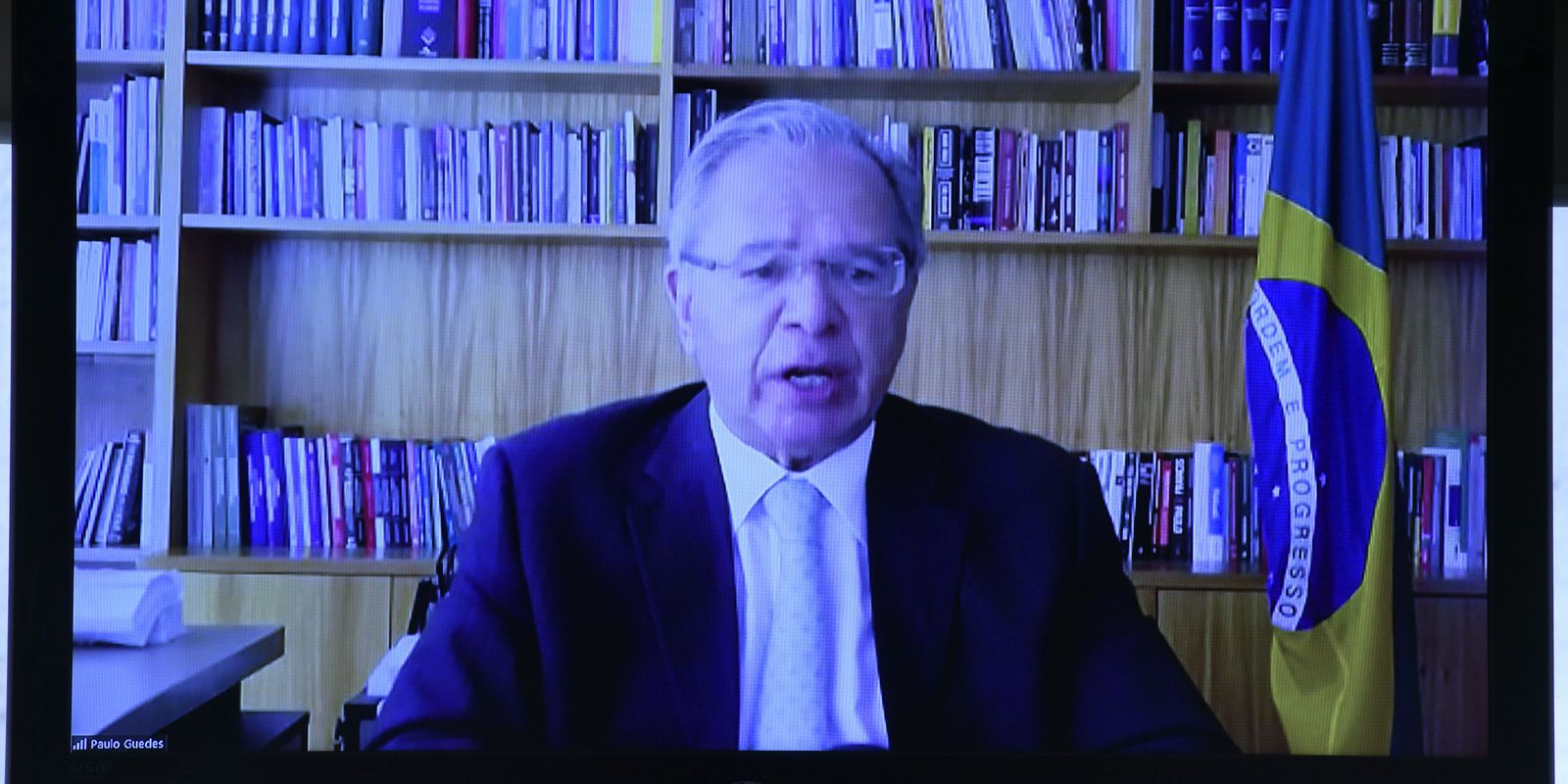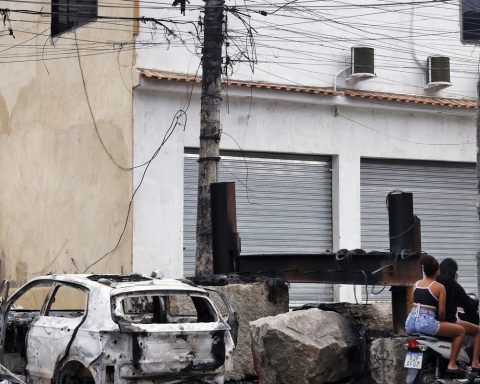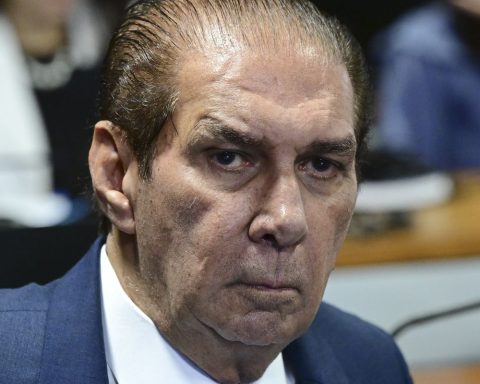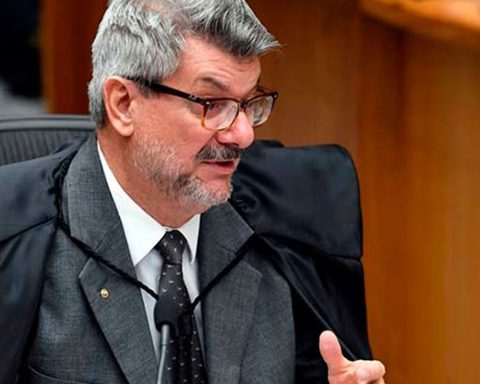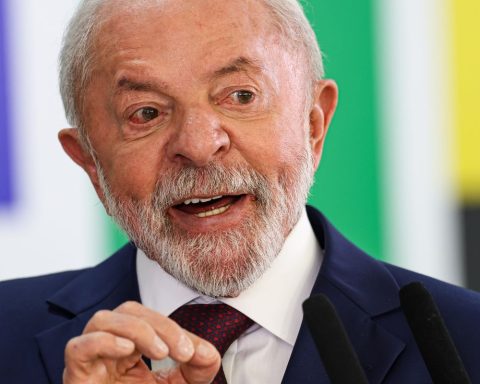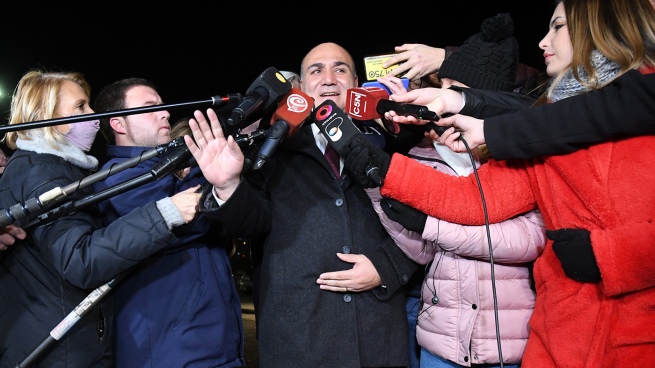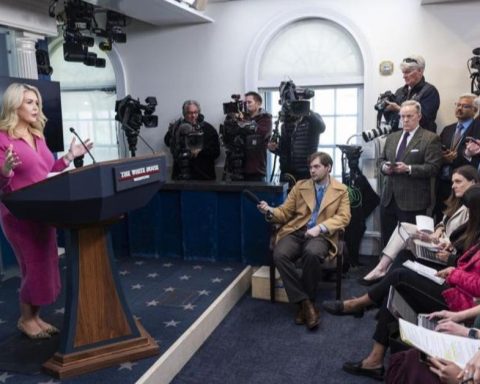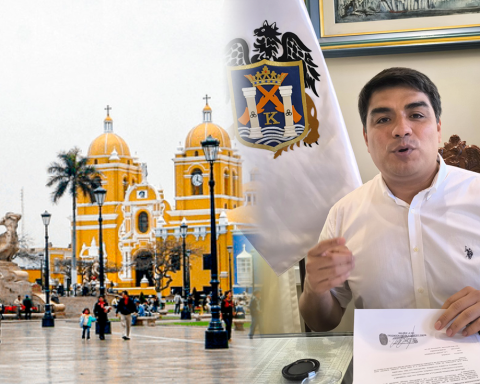The Minister of Economy, Paulo Guedes, defended today (12) the Proposal for Amendments to the Constitution (PEC) 1/22, which creates a state of emergency to expand the payment of social benefits. The text which is pending in the Chamber of Deputies generates R$ 41 billion in exceptional expenses, divided between social and economic benefits and can be voted on this week. The proposal replaces another PEC that provided for the creation of a stabilization fund for fuel prices.
Guedes said that the Social Benefits PEC is better than the stabilization fund proposal, which he classified as kamikaze (suicidal) and which, in government accounts, would cost about R$ 120 billion a year. In the minister’s assessment, as it expands social benefits, such as Auxílio Brasil and a voucher for truck drivers it is an “exercise of fiscal responsibility”.
The minister’s statements were made during a hearing at the Senate’s Economic Affairs Committee to address the government’s fuel pricing policy. To the senators, Guedes reminded that the stabilization fund proposal was defended by members of the government last year, but he pointed out that, if it had been approved, there would have been an even greater inflationary impact for the population.
“We can, ahead, discuss the advantages and disadvantages of having a fuel price stabilization fund. But I have no doubt that it was better to avoid the R$120 billion Kamikaze PEC at that time and exchange it for a R$40 billion income transfer program for the weakest, which costs a third. It was an exercise in fiscal responsibility,” he said.
Guedes criticized the granting of subsidies to reduce fuel prices and said that the government’s strategy of reducing federal and state taxes levied on fuel was the right one for the occasion. “We could not, even before the war [na Ucrânia]even without any state of emergency, commit about R$ 150 billion until this year in the form of subsidies”, he highlighted.
The minister said that there was an agreement proposed by the government to zero federal taxes, such as PIS-Cofins, and state taxes, such as the Tax on Circulation of Goods and Services (ICMS), levied on fuel. According to Guedes, the governors failed to comply with the agreement due to the increase in revenue and that this led the government to defend the approval of the Complementary Law 194/2022which limited the collection of ICMS on fuels to the minimum rate of each state, which varies between 17% and 18%.
According to the minister, only after the reduction of taxes could the transfer of income to the “most fragile” be made. “They are income transfers, they are not subsidies for senators, the minister or the president of the Republic, for everyone to use [derivados de] cheaper oil. That would be a dramatic mistake from an economic policy point of view. It would be socially regressive, unfair to the weakest.”
The minister was asked about Petrobras’ fuel pricing policy, based on parity with the international market and risk margin and on the distribution of profits and dividends to the company’s shareholders, mostly foreigners. For senators Esperidião Amin (PP-SC) and Jean Paul Prates (PT-RN), the policy, along with the sale of assets, such as refineries, favored shareholders and harmed the population.
“The minister himself said: ‘it’s time to share, to share’. The stabilization account that we proposed here did just that. However, it was preferred to share only with the group of preferred shareholders and the Union itself, which is the majority shareholder. So actually selling the BR [distribuidora]selling refineries, selling gas pipelines only served to make a profit that was distributed to the private sector and the Union”, said Prates.
Guedes told the senators that he disagrees with successive increases in fuel prices in a short period of time. For the minister, the increases would be reckless. “I don’t like both extremes. I think these frantic readjustments are reckless, it is necessary to smooth the curves of price variation. But the other side, if you sit on the price, it doesn’t work either,” he said.
